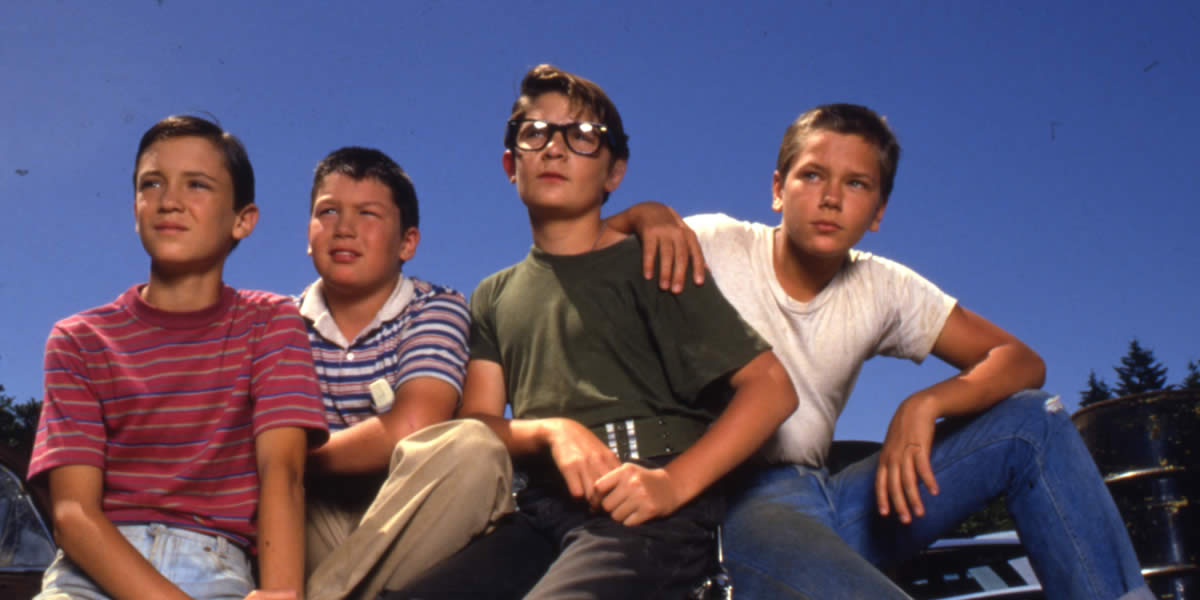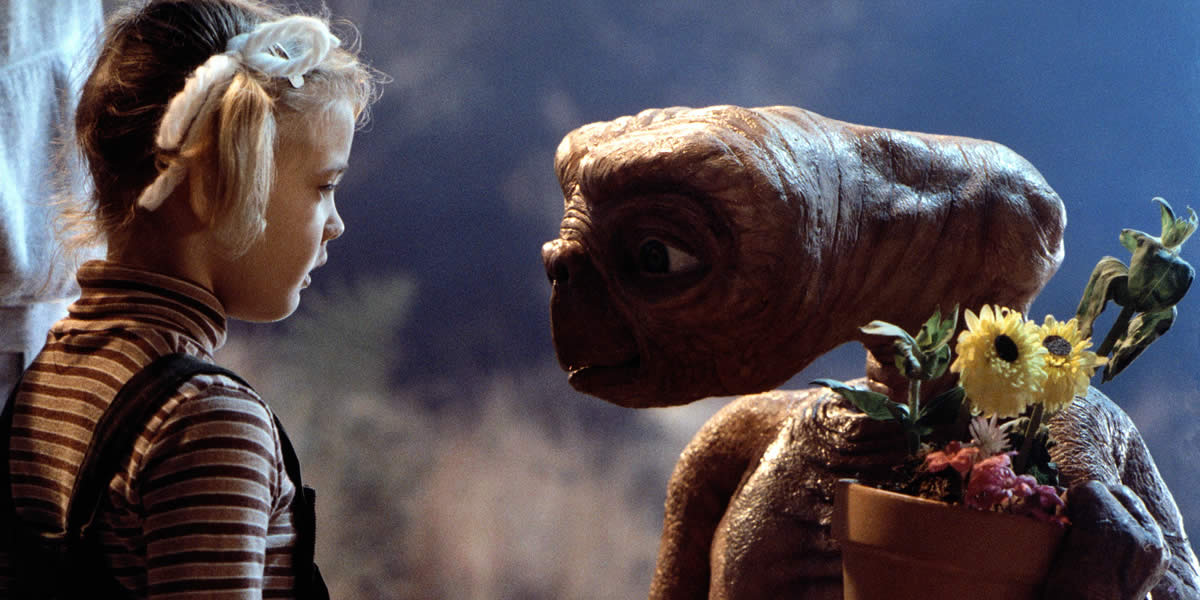You Can’t Do That on Television was more than just a television show during the 80s, it was a cultural phenomenon that gave a voice to 80s youth.
You Can’t Do That on Television was much more than just another television show. It was a cultural phenomenon and I gave a voice to 80s youth. Although it premiered back in 1979 on Canadian television, it was released to an American audience back in 1981. In fact, it was one of the most popular shows on Nickelodeon. And, it reflected their decade’s shifting attitude toward authority, communication, and the role that media played in giving a voice to 80s youth.
You Can’t Do That on Television and 80s Youth
The 80s were filled with significant changes in society and culture. It was a time of youth empowerment and the questioning of authority. The era provided both economic prosperity and uncertainty, all at the same time. And, it was during this period of time that an entire generation sought ways to express their individuality and challenge the norms of the time.
It was a dynamic period in America, and, You Can’t Do That on Television was the quintessential embodiment of 80s youth. It resonated with the generation, as it grappled with issues such as parental authority, censorship, and the many complexities associated with growing up in the 80s. Moreover, the show featured a unique format that combined sketches, viewer interaction, and interviews. It reflected a growing trend at the time towards a more participatory style of media. And, by using humor to address these serious topics, it encouraged 80s youth to think more critically about the world around them.

How You Can’t Do That on Television Gave a Voice to 80s Youth
You Can’t Do That on Television gave the boys to 80s youth by providing them with an outlet to express their individuality and to challenge the social norms of the time.
Subversive Humor and Satire in the 80s Youth Culture
Without question, You Can’t Do That on Television was full of subversive humor. The show itself tackled topics such as authority, censorship, and school. It did so in a way that was both entertaining as well as thought-provoking. For example, anytime somebody said the phrase, “I don’t know”, they would get slimed as a punishment. It forced people to think before they speak rather than face the consequences of getting slimed.
Not only did this serve as a metaphor for the confusing experiences of childhood and being an adolescent, but also stood as comic relief throughout the show. This humor resonated with the younger audiences who appreciated the ability to voice frustrations in a playful yet very impractical way.
The Participation and Interaction with 80s Youth
Another popular innovation of You Can’t Do That on Television is how the show engaged with the audience. The show itself actually encouraged viewers to send in questions. And these questions were actually addressed in the various sketches. It was a participatory approach that revolutionized the way that children’s programming reached the masses. It demonstrated a huge shift towards the recognition of young viewers as active participants. And, this format laid the groundwork for future interactive shows and children’s programming.
Censorship and Media Critique
Another major concern during the 80s was censorship and media critique. This was especially true when it came to children’s media. You Can’t Do That on Television addressed these issues head-on. In fact, they often critiqued the way that the government sought to regulate what children could actually watch. They incorporated themes of censorship into their sketches. And, the show encouraged young viewers to question authority and think critically about what media they consumed.
80s Youth Culture and the People Who Created You Can’t Do That on Television
We would never have had You Can’t Do That on Television if it weren’t for Roger Price and Price Entertainment. He had a vision for a show that combined humor with important social issues. This set the stage for the very unique format that the show followed. It also made use of an ensemble cast that included many popular young actors at the time including Alasdair Gillis and Lisa Ruddy. These actors would later become icons in their own right. But, it was also a jumping board for future recording artist Alanis Morrissette.

The Lasting Influence of You Can’t Do That on Television
The impact of You Can’t Do That on Television can never be overstated. The show itself challenged traditional narratives in children’s programming. And, it opened the door for future generations of creators to explore topics that were previously considered taboo or inappropriate. If it weren’t for You Can’t Do That on Television we wouldn’t have had later programs like Clarissa Explains It All and The Adventures of Pete & Pete.
The playful approach to serious subjects helped to pave the way for a more nuanced understanding of 80s youth culture in media. It encouraged an entire generation to embrace humor, as they navigate the complexities of growing up. This helped to establish it as a legacy that continues to resonate with today’s media landscape.
Conclusion
In the end, You Can’t Do That on Television was a cornerstone of 80s youth culture. It embodied the era’s spirit of rebellion and creativity. And, it provided an innovative approach to humor, audience engagement, and critical commentary. More importantly, we would never have had the famous Nickelodeon slime if it weren’t for You Can’t Do That on Television.





